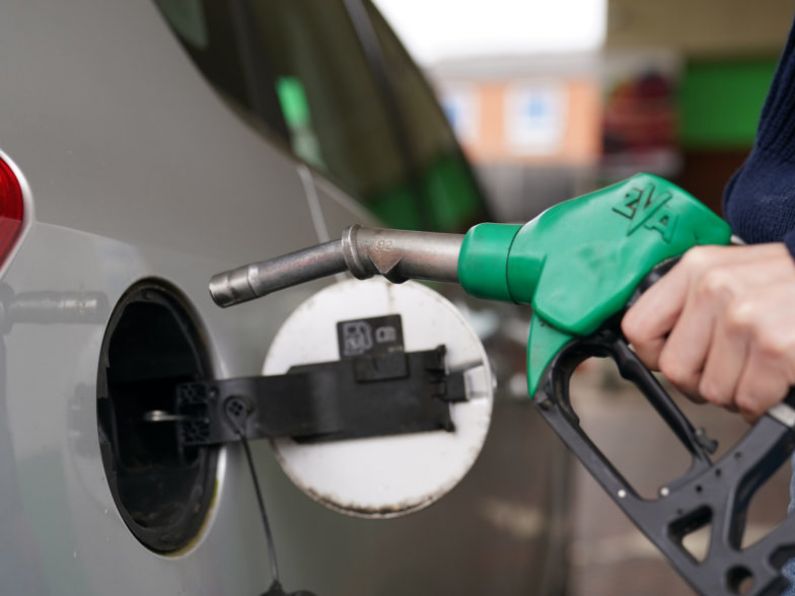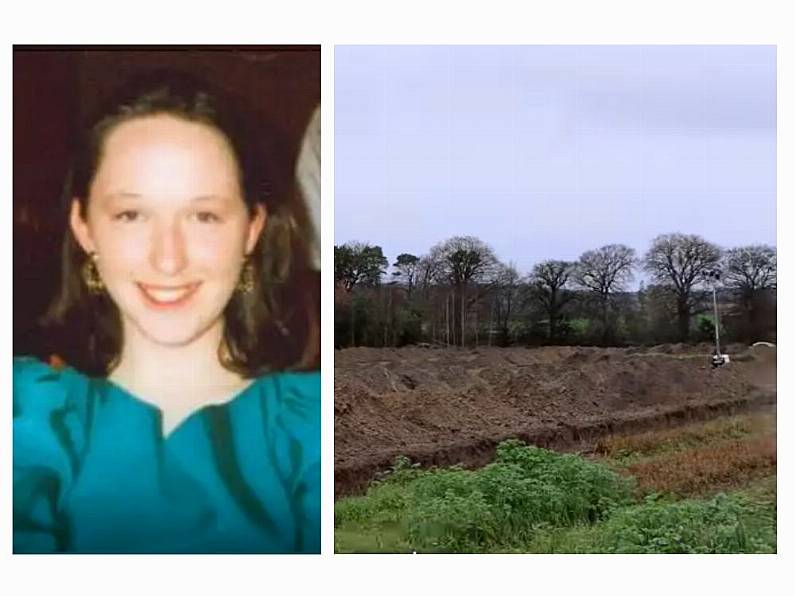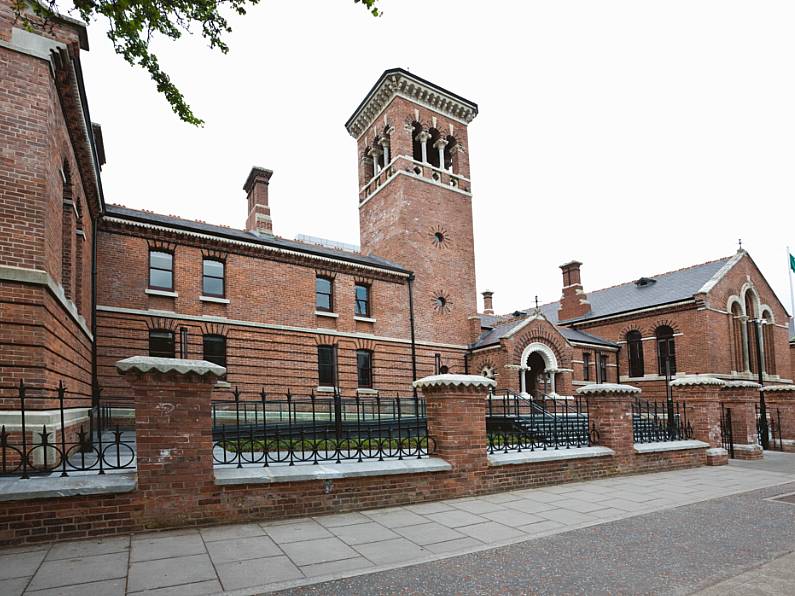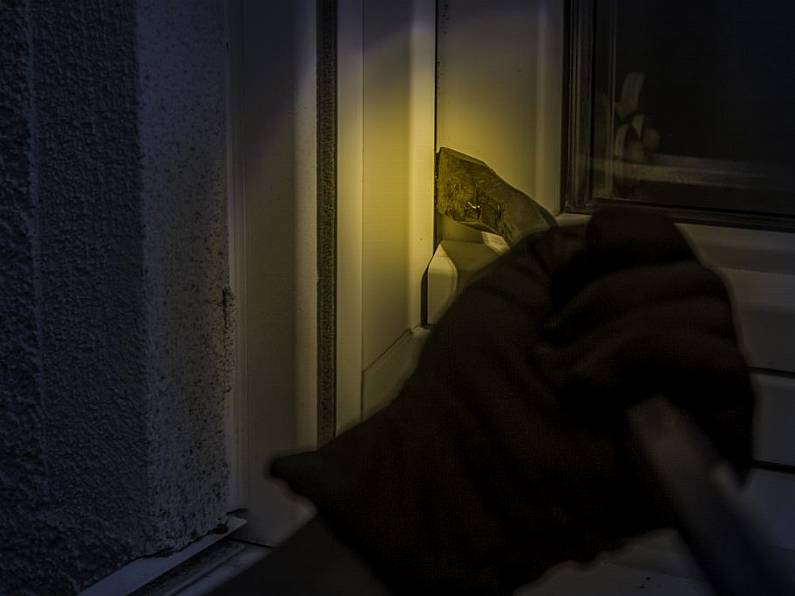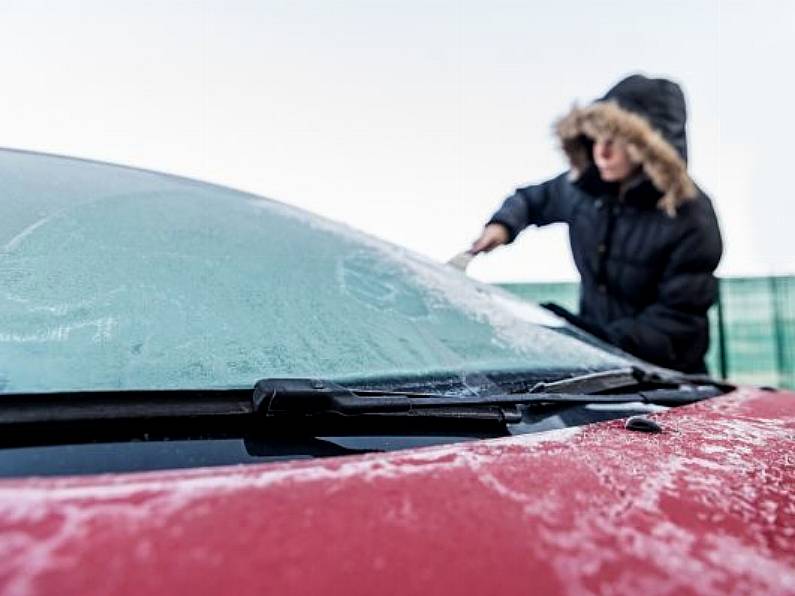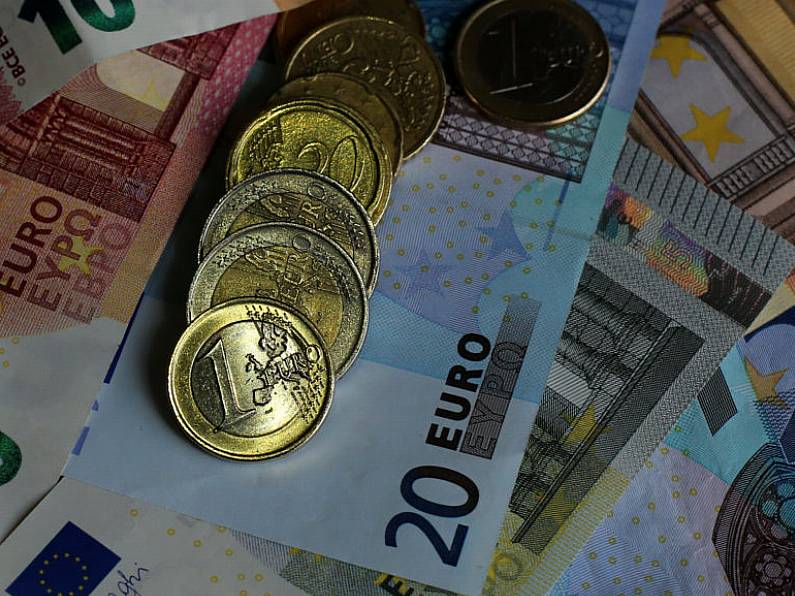By Aine Fox, PA
Hospitals and households would be immediate first priorities for the Government if fuel had to be rationed amid the continuing war on Ukraine, Eamon Ryan has said.
The Minister for the Environment and Transport said it was right to “prepare” and “be careful”, but added that he was confident the country will be able to manage without rationing.
Ireland’s EU commissioner Mairead McGuinness has warned of the prospect of fuel rationing in Europe if Russia moves to cut off supplies in retaliation for sanctions imposed by Brussels in response to the invasion of Ukraine.
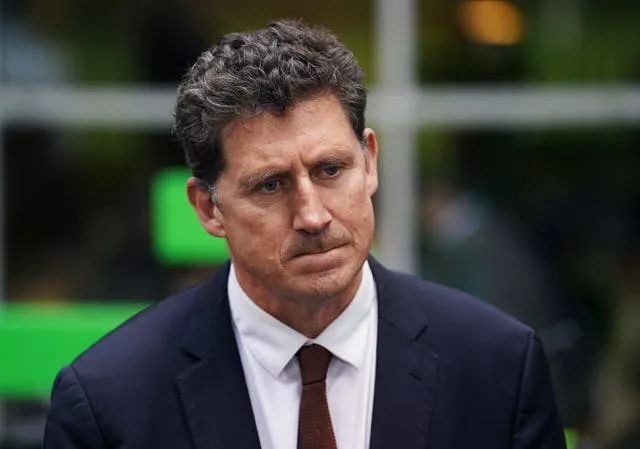
Earlier this week Tánaiste Leo Varadkar confirmed the Government has drawn up contingency plans in case rationing is required in the winter, although he too made clear he does not believe Ireland will face supply issues.
Mr Ryan was asked on Friday who would be prioritised in the event of rationing.
He told RTÉ radio’s News at One: “Obviously the immediate first priorities would be emergency [services], hospital and all other services and households.
“But I don’t expect we will need to take those actions. I am confident we will be able to manage.
“Now you never know in this world where energy has been used as a geopolitical tool. It’s been used in effect as an adjunct to this whole war, as a way of threatening other countries.
“We have to prepare, we have to be careful and protect ourselves against that.”
The Green Party TD said the best protection for the country is “switching to our own local power and really accelerating that” and argued that Ireland does not face the same risk as some other European countries.
He added: “Because of our geographic location, we’re not in the same risk that other European countries [are], but that shouldn’t stop us doing what they’re doing, making a radical switch towards this greener direction.”
Mr Varadkar has said while prices could rise further, he did not think Ireland would experience issues with supply.
Mr Ryan also confirmed a microgeneration scheme, allowing homeowners to generate their own electricity and sell what they do not use back to the national grid, is in place.
He told RTÉ: “It’s here now. Suppliers now are starting to provide the ability for customers to sell power back that they generate on their own roofs, could be solar panels or other systems.
“It’s going to be extended in new mechanisms allowing the farming community or smaller businesses to put solar panels on their roofs to help cut their costs.”
